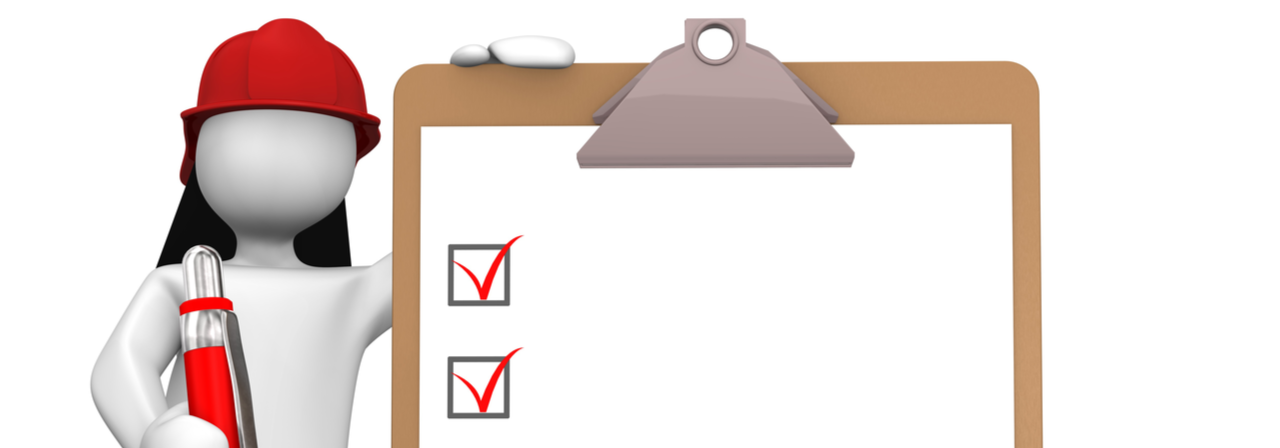You can’t always stop an accident from happening, but if you’re a homeowner you can certainly do everything in your power to prevent one. When it comes to fire safety, you can do quite a bit to prevent or at least give yourself time to respond and escape your home.
According to FEMA, you may only have 3 minutes to get out of your home in the event of a fire which means having a plan and early warning is critical for getting to safety quickly. Here is our fire safety checklist.
Smoke Alarms
Smoke alarms should be installed on every level of your home, and there is no such thing as having too many. For larger homes, having a smoke detector in your kitchen, the living room or common areas, in hallways between bedrooms, and in each bedroom; however, it’s important to check with your local fire department for recommendations.
Test your smoke alarms monthly and make sure they’re working properly. Additionally, change your batteries as needed. A good rule of thumb is to change the batteries in your smoke detectors at each time change.
Carbon Monoxide Alarms
Carbon monoxide is the silent killer. Carbon monoxide is commonly caused by propane or natural gas-burning appliances, stoves, or pilot lights. It’s heavier than air and indistinguishable without a detector. Carbon monoxide alarms should be installed on each level of the house, tested regularly, and should be no more than 7 years old.
Electrical and Appliance Safety
Make regular inspections of your electrical systems as you can including exposed wiring, appliance cords, and extension cords. Make sure none of the wirings you can see is exposed or damaged and that any electrical plugs or switches are not hot or overloaded with appliances.
If you notice anything amiss, unplug any appliances and call an electrician immediately. When in doubt, contact a certified electrician to inspect your home and ensure that there is nothing to be worried about. Finally, if you experience lights or appliances that stop or flicker intermittently, call an electrician as soon as possible.
Cooking and Candle Safety
Be aware of open flames and never leave an open flame unattended. If you’re cooking in your kitchen, never leave the stove unattended, turn pot and panhandles to the inside of the stovetop, and make sure to double and triple-check that burners are turned off.
Be aware of open flames from candles or oil lamps and make sure that any open flames are burning in sturdy bases that can’t be easily knocked over. Never leave a candle or open flame unattended and extinguish any open flames if you leave the room or exit the home.
Have an Escape Plan
As we’ve already mentioned, you may only have up to 3 minutes to escape from a burning home which means the time getting your family and pets to safety can’t be wasted searching for an escape route.


